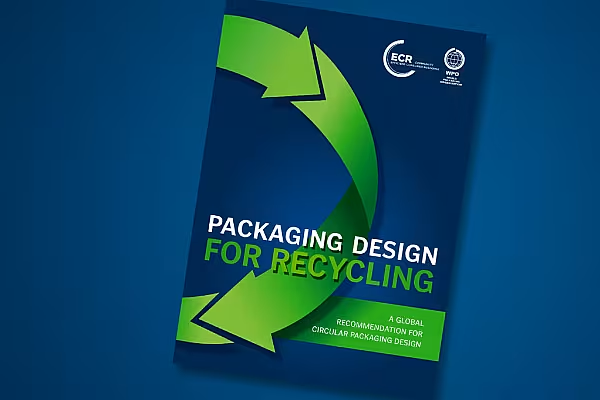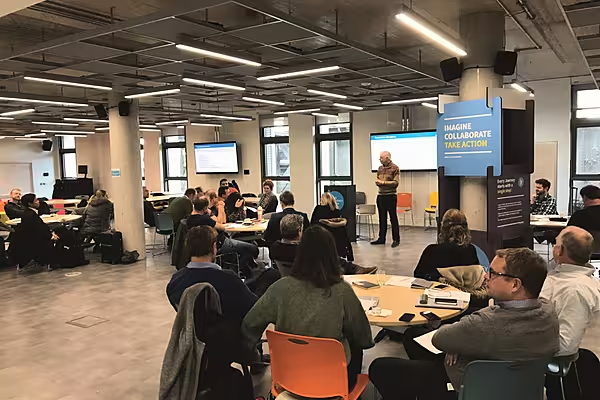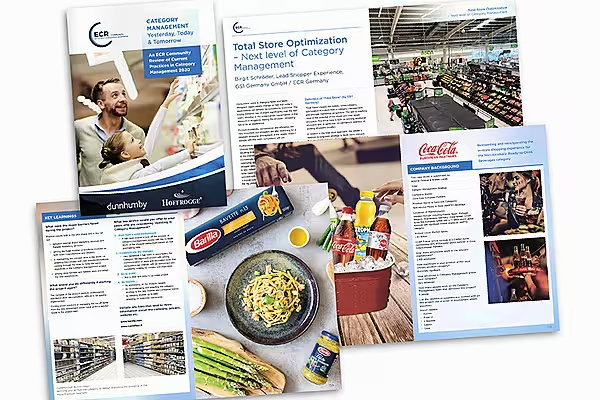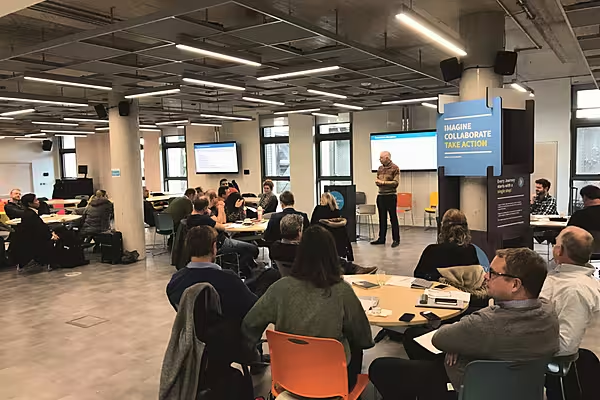At the recent ECR Shrinkage & OSA Group meeting, which took place in Hamburg earlier this summer, industry experts and academics engaged in a fascinating discussion on the question of food waste and sustainability. This article first appeared in ESM Issue 4, 2018.
There are typically two schools of thought when it comes to price markdowns in the grocery sector.
One, as advocated by the likes of the UK’s Tesco and Dutch retailer Albert Heijn, is to adopt a ‘last-day discounting’ approach, where products close to their sell-by-date are marked down in real time over the course of their final day on the shelves.
The other, a road taken by fellow Dutch operator Jumbo and Publix in the US, is to adopt an ‘every-day discounting’ approach that removes the need for markdowns, and in fact discourages it.
So when are price markdowns most effective, and, similarly, what are the benefits from either adopting or not adopting a price markdown strategy?
This was one of the main discussion points at the recent ECR Community Shrinkage and OSA Group working group meeting, under the title ‘Be Fresher, Sell More and Waste Less’, which took place at the KLU Logistics University in Hamburg at the start of June.
ESM was once again a media partner for this event, which welcomed top executives from retailers including Lidl, Asda, Delhaize, Tesco, Ocado, Waitrose, consumer foods companies including Greencore and Danone, and academics.
It was hosted by Sandra Transchel of the KLU, who is also the lead academic on the ECR Shrink Group’s collaboration model research. The event followed on from a similar meeting in Prague, which took place at the end of 2017.
Alternative Strategies
As Dr Nevin Mutu of TU/e Eindhoven University of Technology explained at the meeting, when it comes to price markdowns, there are two sides to the debate: on the one hand, price markdowns are a proven reducer of waste (in the short-term), and can also drive consumer demand.
On the other, there is also a school of thought that such measures may induce strategic consumer behaviour in the long term, and may also contribute to a negative brand image. Tampering with discount labels is also a possible negative outcome, while price markdowns my also pose technological difficulties for the implementation of an optimal strategy to deal with food waste.
“What we hear from retailers is that they have to get their forecasting right, and that price markdowns are often a symptom, not the cause,” Colin Peacock, group strategic coordinator of the ECR Shrink Group explains.
“For academics, the debate is more empirical – what are the mathematics that can help drive optimum profitability? It’s not simple, and there’s not necessarily a right or wrong answer – it makes for a fascinating debate.”
Embracing Donations
In attendance at the Hamburg meeting was FoodCloud, a Dublin-based technology platform that works with UK and Ireland retailers on repurposing surplus generated by retailers for charities; at the time that ESM went to press, some 16 million kilograms of food had been repurposed using the system.
“As was discussed in Hamburg, for retailers, it was not always easy to donate surplus food,” Peacock explains. “One of the reasons why retailers do price markdowns is that they don’t want food to go to landfill. FoodCloud and other technologies like it make that donation process easier.”
It’s a debate that is likely to linger beyond the next ECR Shrink Group meeting, scheduled for Lisbon this October. As part of that event, ECR will organise visits to Sonae’s Continente outlets, for an up close and personal look at how the retailer is very much focused on repurposing surplus food.
The ECR Shrink Group is also committed to undertaking research into this area, in order to bring new clarity to retailers.
“I remember being at a presentation by a former COO of Carrefour, and his main point was ‘there shouldn’t be a single product that we throw away in store – we should be able to repurpose everything’,” says Peacock. “In the UK, Ken Morrison [the late former Morrisons chairman] had the same view; he didn’t want to see anything being thrown away – he wanted everything repurposed. But as time has gone on, retailers have found that this isn’t always the most profitable approach, or the easiest.”
Supply Chain Visibility
The Hamburg event also played host to a debate on expiry date visibility; the main focus being on whether increased visibility of end-of-life or waste products in the supply chain could lead to a more effective way of dealing with the issue.
“If you can add visibility to the expiry date; for example if you knew in Store A there are 100 punnets of strawberries that were about to expire in two days time, and in Store B you have 50 punnets that are about to expire in one day, you may well change your replenishment patterns, because you’ve got visibility to that expiry date,” says Peacock. With this in mind, ECR is looking to create a model that can help to determine the “business benefits of improved” visibility on expiry dates.
The Hamburg seminar also played host to a catch up on the ECR Collaboration Maturity Model, the modus operandi for which was discussed at the last meeting in Prague, and a discussion on food waste prevention in e-commerce operations, chaired by Dr Vasco Sanchez Rodrigues of Cardiff Business School.
This question of increased supply chain visibility, and its impact on the procurement and stock management process should also be a topical discussion point this coming October in Lisbon. It goes without saying that forums such as these represent an excellent opportunity to share best practice.
As they say in Portuguese, ‘Não vejo a hora’... I cannot wait!
The next ECR Community Shrinkage And OSA Group meeting takes place in Lisbon on October 23rd and 24th. For more information, or to register, log on to tinyurl.com/ECRLisbon.
© 2018 European Supermarket Magazine – your source for the latest retail news. Article by Stephen Wynne-Jones. Click subscribe to sign up to ESM: European Supermarket Magazine.














